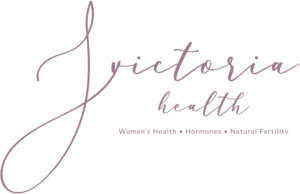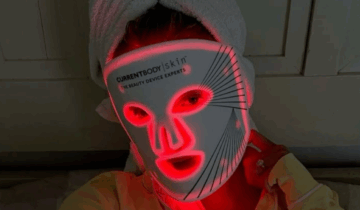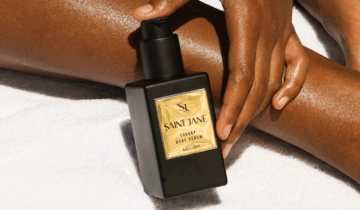Many women are starting to wake up to the fact that birth control is not without side effects, but hormonal contraceptives are not all bad. Birth control has given women many opportunities that were not available in the past including a control over their fertility and the option to pursue higher education and careers. The problem with hormonal birth control is that women are not educated on how their menstrual cycles work to begin with, what their other options are or how birth control might affect them in the short and long term.
Your plan of action to transition off the pill should look different depending on why you were put on it to begin with. For example, the plan for a woman who was on it for the sole purpose of preventing pregnancy will be completely different from the woman who was put on it to control hormone related symptoms like acne, PCOS, endometriosis or severe period pain.
Doctors are quick to prescribe the pill mainly because there is a lack of tools available to help women who are dealing with hormonal symptoms in conventional medicine but that does not mean it is the only solution available. It is important to understand that the pill (and other forms of hormonal contraception) is a band-aid solution which means that if you were on it to manage symptoms, those symptoms will come back when you stop taking it.
The pill depletes the body of essential nutrients we need for hormone balance post-pill, puts a strain on our liver who works hard to detox excess hormones from the body and disrupts the bacteria in our gut which impacts everything from our digestion and mental wellbeing to our immune function and skin health. If we can understand what the pill is doing in our bodies, we can better support ourselves while on the pill and before coming off.
Here are my top 3 steps for an easier transition off hormonal birth control.
- Replenish nutrients. Because the pill uses up so much of our precious nutrient supply, it is important to make sure that you are eating plenty of nutrient rich whole foods. I usually also recommend supplementing with a prenatal vitamin even if pregnancy is not on your radar since it has higher amounts of reproductive supportive nutrients like magnesium, b-vitamins, and zinc than a regular multi vitamin and mineral would have. A nutrient dense diet and good quality nutritional supplements can help to restore nutrient reserves and help to reduce symptoms of nutrient deficiency post pill.
- Give your liver some love! Your liver is responsible for eliminating hormones that the body no longer needs. The pill along with all the other toxins we are exposed to on a daily basis can overburden the liver and lead to the development of symptoms like acne, low energy levels, headaches and migraines, PMS, sugar cravings and more. I recommend actively supporting your liver every 3-4 months while on the pill and again right after coming off the pill. The best way to support your liver is to reduce your overall toxic burden by avoiding as many chemicals as possible. This means swapping to more natural products, choosing organic whenever possible to avoid exposure to pesticides, reducing your use of plastics and filtering your water. In addition, you can further support your liver by eating plenty of healthy whole foods including fiber and antioxidant rich plant foods, ensuring adequate hydration daily, getting good quality sleep each night, moving your body with exercise that feels good to you and possibly including a high-quality liver support supplement protocol. Milk thistle and NAC are two of my favourite liver supportive supplements.
- Digestion and gut health are key. We are what we absorb, not what we eat. Our gut is responsible for the absorption of nutrients that help us to make hormones and keep them balanced. The pill disrupts our delicate balance of gut bacteria and hinders digestion which means we might not be absorbing as much of the nutrition from our foods as we hoped, it can also make it harder to lose weight, cause mood instability and rev up inflammation in the body. It is important to replenish gut bacteria with either a high-quality probiotic supplement or by including probiotic rich foods like sauerkraut or other fermented veggies, kefir, yogurt, and kombucha and include a variety of fiber rich plant foods into your diet daily to feed these beneficial bacteria to allow them to grow and multiply. Finally, it is essential to avoid excessive intake of refined sugar and white flour products which can feed “bad” bacteria and create more of a disturbance in the gut. Bloating, gas, constipation or chronic loose stools are all signs that your gut needs some extra support.
If you were put on the pill for symptom management of PCOS, endometriosis, painful periods, hormonal acne, I would recommend speaking with a natural health practitioner who can guide you and give you individualized recommendations. I also recommend speaking with a qualified practitioner before starting any new herbal or nutritional supplements.
By: Jessica Victoria, RHN
Naturopath and Women’s Health Practitioner


Feature image via Pinterest





 No products in the cart.
No products in the cart.
Really interesting info! Thanks for this post.